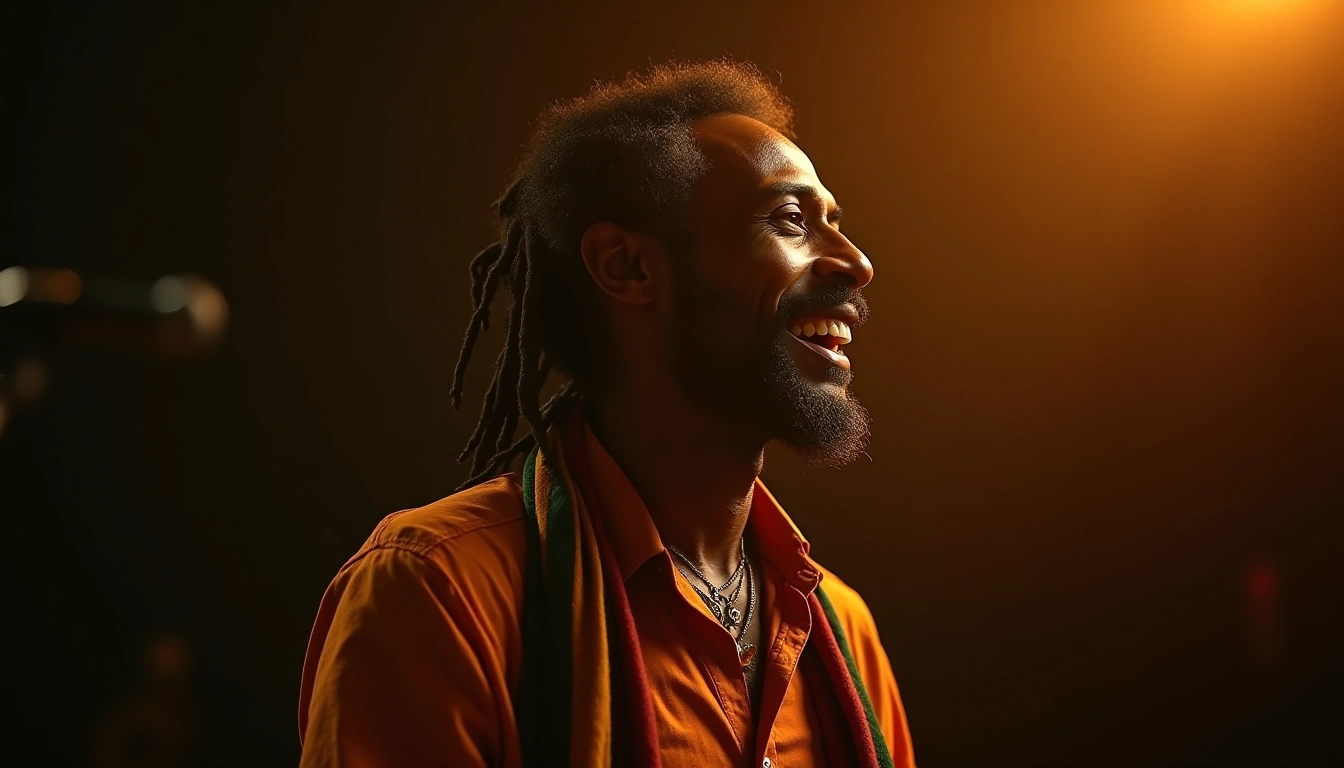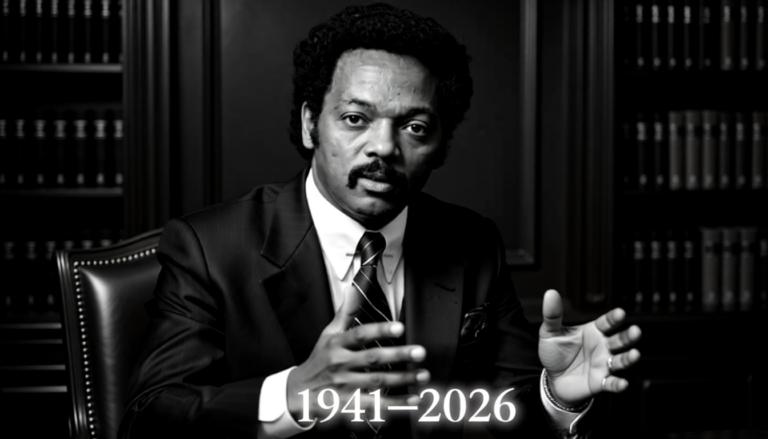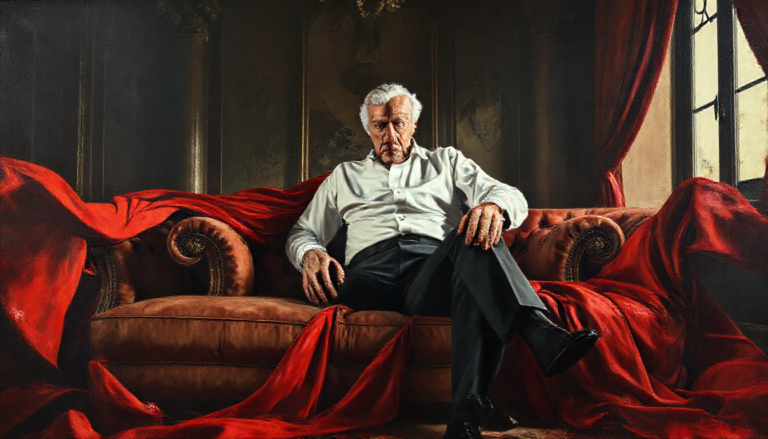The world of reggae is mourning the loss of one of its true architects.
Table of Contents
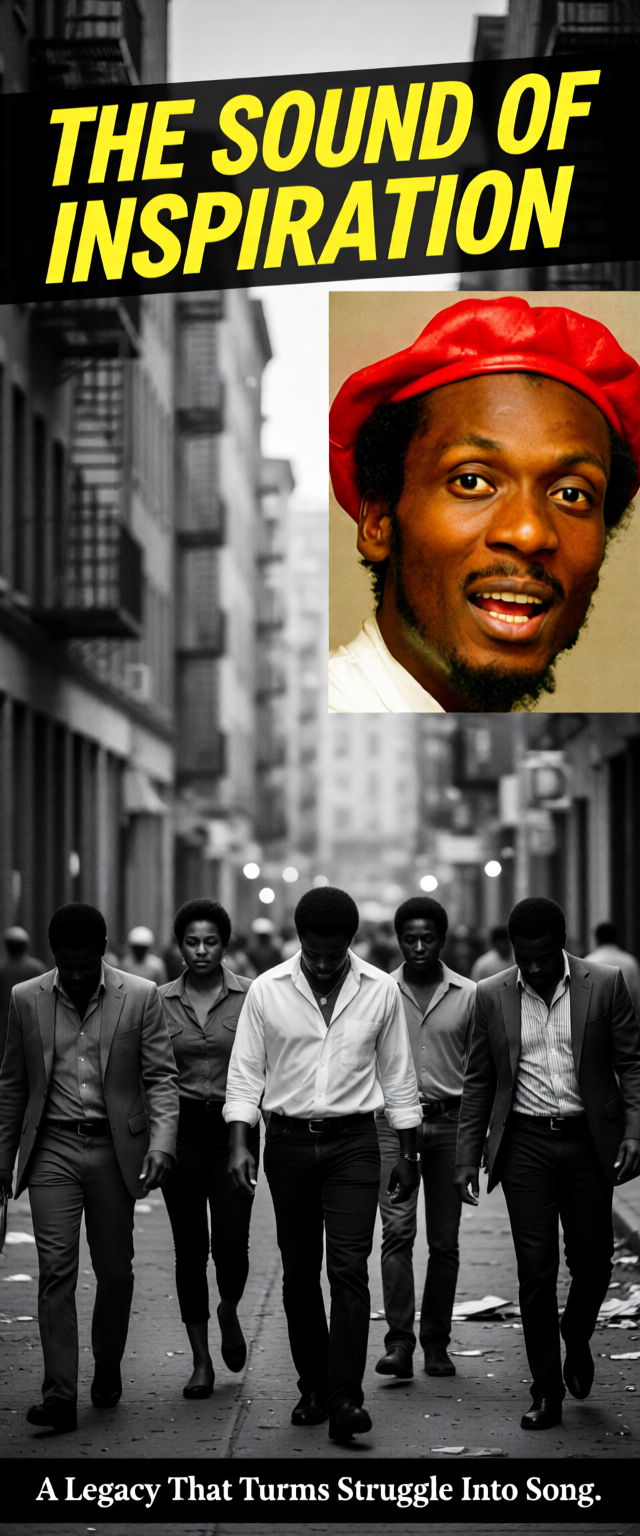
Jimmy Cliff – born James Chambers in rural Jamaica and later celebrated as a singer, songwriter, actor, and cultural ambassador – passed away on November 24, 2025, in Kingston, Jamaica, at the age of 81. According to his wife, Latifa Chambers, he died following a seizure and subsequent pneumonia.
For more than six decades, Jimmy Cliff carried Jamaica’s sound and spirit far beyond the island’s shores. With songs like “Many Rivers to Cross,” “You Can Get It If You Really Want,” “The Harder They Come,” “Vietnam,” and his soaring rendition of “I Can See Clearly Now,” he gave voice to struggle and hope in equal measure, influencing generations of musicians and listeners worldwide.
On WhoDiedToday.com, we remember Jimmy Cliff not only as a reggae legend but as a man whose art helped millions feel seen, lifted, and inspired.
Jimmy Cliff was born James Chambers on July 30, 1944, in St. James Parish, in what was then the Colony of Jamaica.
Early Life in St. James, Jamaica
He grew up in deep rural poverty, in a world of sugar cane fields, church hymns, and small community gatherings, where music became both a refuge and a calling.
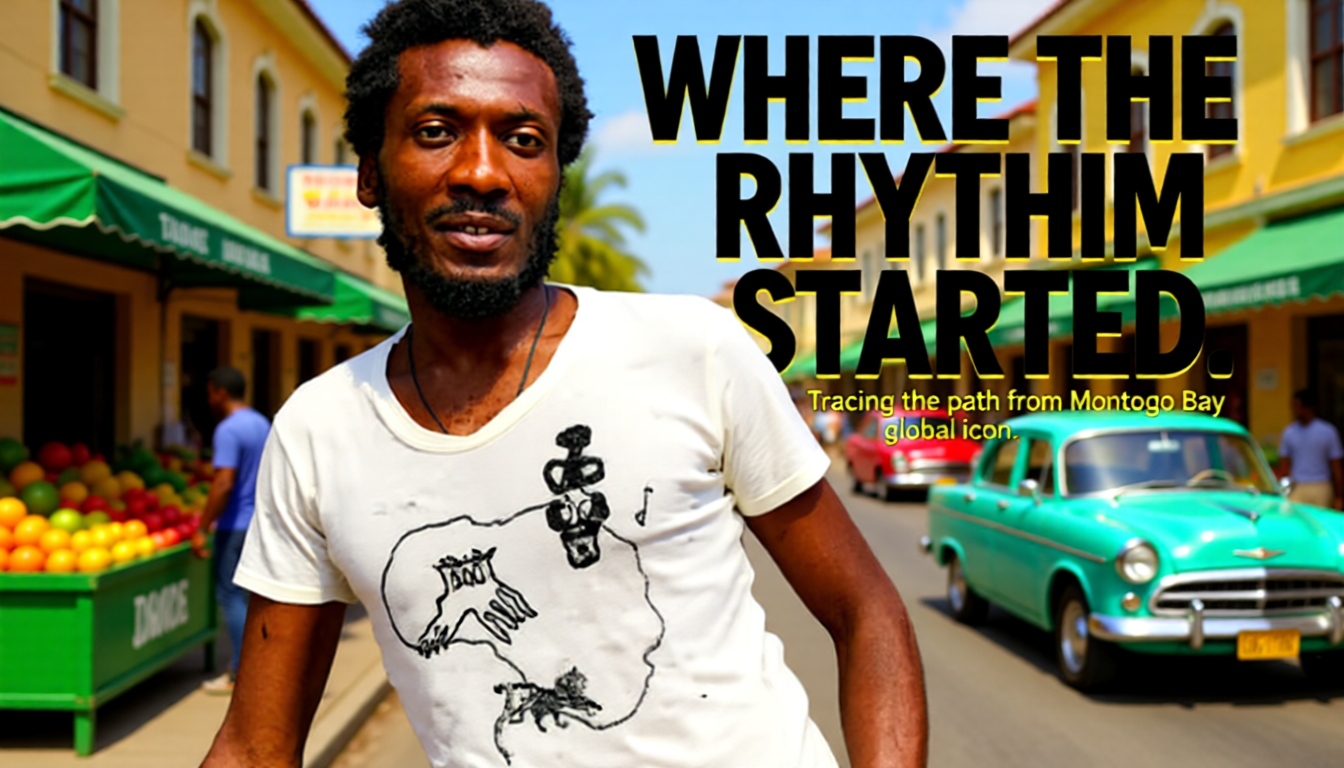
From a young age, James was drawn to singing. He performed in church and at local events, showing a precocious mix of confidence and vulnerability that would later define his stage presence.
As a teenager, driven by an unshakable belief that music was his way forward, he left the countryside and moved to Kingston. There, in the cramped yards and bustling streets of Jamaica’s capital, he chased opportunity in an unforgiving music scene. Kingston in the late 1950s and early 1960s was a pressure cooker of sound – ska, R&B, mento, and the emerging rhythms that would become rocksteady and reggae. Jimmy Cliff planted himself at the heart of it.
Finding His Voice: Kingston and Leslie Kong
In Kingston, Cliff hustled for recognition – entering talent contests, knocking on doors, and approaching producers. His life changed when he literally pushed his way into a small shop and convinced Leslie Kong to take a chance on him and start a record label.
Their collaboration produced Cliff’s first notable hit, “Hurricane Hattie,” recorded when he was still only 17. The song’s popularity announced him as a rising star. Other early singles, including “King of Kings,” “Miss Jamaica,” and “Dearest Beverley,” helped solidify his status in Jamaica’s burgeoning music scene.
By 1964, Cliff’s profile had grown enough that he was chosen as one of Jamaica’s representatives at the New York World’s Fair, performing ska and early reggae for international audiences. That same year, he appeared in the televised program “This Is Ska,” alongside artists like Prince Buster and Toots and the Maytals, proving that his charisma translated effortlessly to the screen.
Carrying Reggae to the World
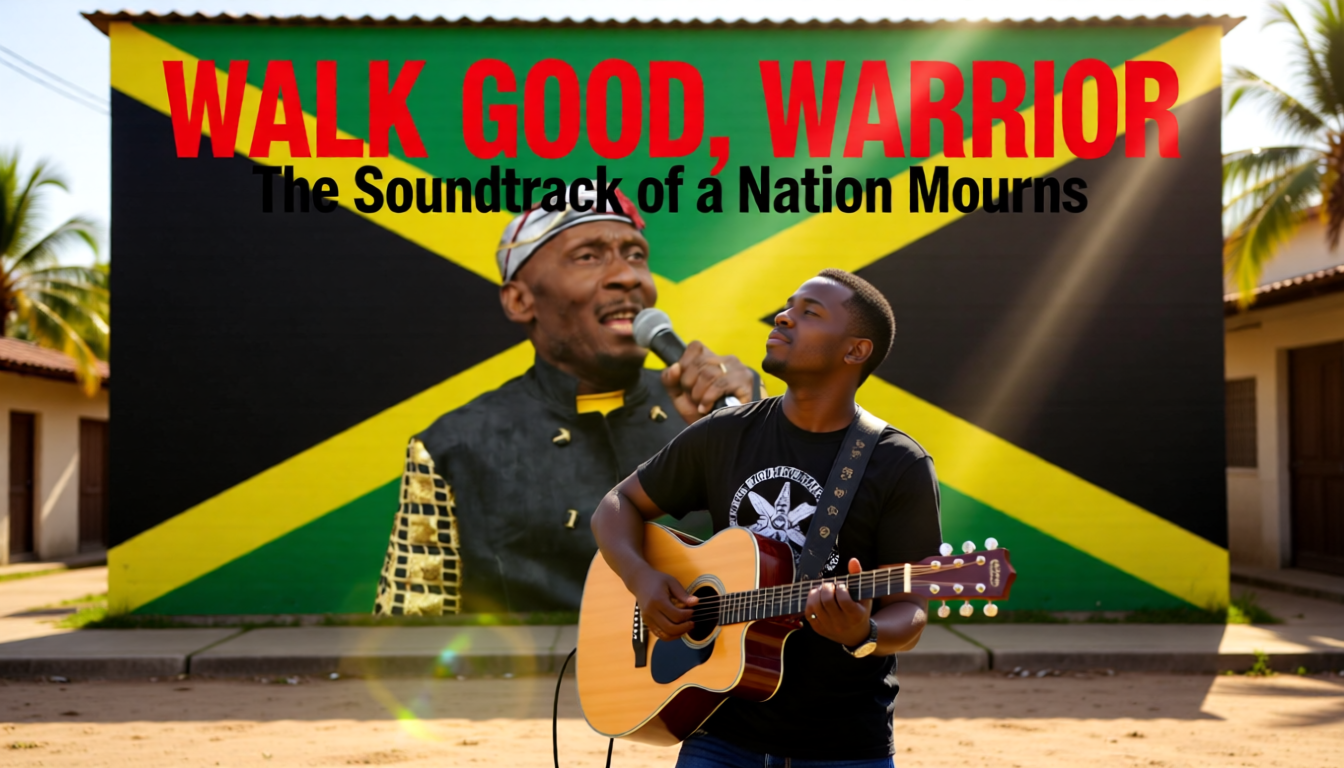
Cliff’s ambition soon carried him beyond Jamaica. In the mid-1960s, he moved to the United Kingdom, aligning himself with Island Records and helping to build the bridge that would carry Jamaican music into Europe and North America.
Breakthrough Songs
Over the next decade, he released a series of songs that became cornerstones of reggae and protest music:
- “Wonderful World, Beautiful People” – A soulful plea for unity that broke into the international charts and introduced many listeners to Jamaica’s sound.
- “Vietnam” – A searing anti-war song that Bob Dylan once called the best protest song he had ever heard, underscoring Cliff’s ability to blend politics and melody.
- “Many Rivers to Cross” – Perhaps his most enduring ballad, a hymn of spiritual and emotional endurance that would be covered by artists across genres for decades.
- “You Can Get It If You Really Want” – An anthem of perseverance and self-belief that became part of the soundtrack of social movements, political campaigns, and personal transformations around the world.
At a time when reggae was still often perceived as a local curiosity, Cliff’s songs travelled – on radio waves, vinyl, and touring circuits – into Europe, the Americas, and Africa. For a brief but crucial period, he rivalled Bob Marley as reggae’s most visible and influential global figure, opening doors that others would later walk through.
Jimmy Cliff on Screen: The Harder They Come and Film Career
If Cliff’s records were the soundtrack of a new Jamaican identity, his film work put a human face to that story.
The Harder They Come (1972)
In 1972, Cliff starred in “The Harder They Come,” directed by Perry Henzell. He played Ivanhoe Martin, a country boy who comes to Kingston dreaming of becoming a singer, only to collide with corrupt producers, police, and the brutal realities of urban life.
The film was Jamaica’s first major home-grown feature, and its soundtrack — anchored by Cliff’s songs “The Harder They Come,” “You Can Get It If You Really Want,” and “Many Rivers to Cross” — is widely credited with “bringing reggae to the world.”
For many viewers outside Jamaica, The Harder They Come was their first encounter with:
- Jamaican Patois on screen
- The harsh social realities of Kingston
- Reggae as a fearless, street-level art form
Cliff’s performance was raw and riveting. The story echoed his own journey — a young man fighting for fair recognition in a ruthless music industry — and his charisma turned Ivan into a tragic folk hero. To this day, the film is considered one of the Caribbean’s most important cinematic works.
Other Films and Screen Appearances
Though The Harder They Come remains his signature film, Cliff’s screen career extended beyond that landmark project:
- “Club Paradise” (1986) – A comedy set at a Caribbean resort, in which Cliff appeared and also contributed extensively to the soundtrack, including “Seven Day Weekend,” recorded with Elvis Costello.
- “Cocktail” (1988) – His song “Shelter of Your Love” featured in this popular film starring Tom Cruise.
- “Marked for Death” (1990) – Cliff appeared with the Jimmy Cliff Band in this Steven Seagal action film, performing “John Crow.”
- Numerous documentaries and concert films, including works chronicling reggae’s rise and Cliff’s enduring influence.
In each appearance, Cliff brought the same mix of charm, seriousness, and musical intensity that defined his recording career.
Songs of Struggle, Faith, and Joy
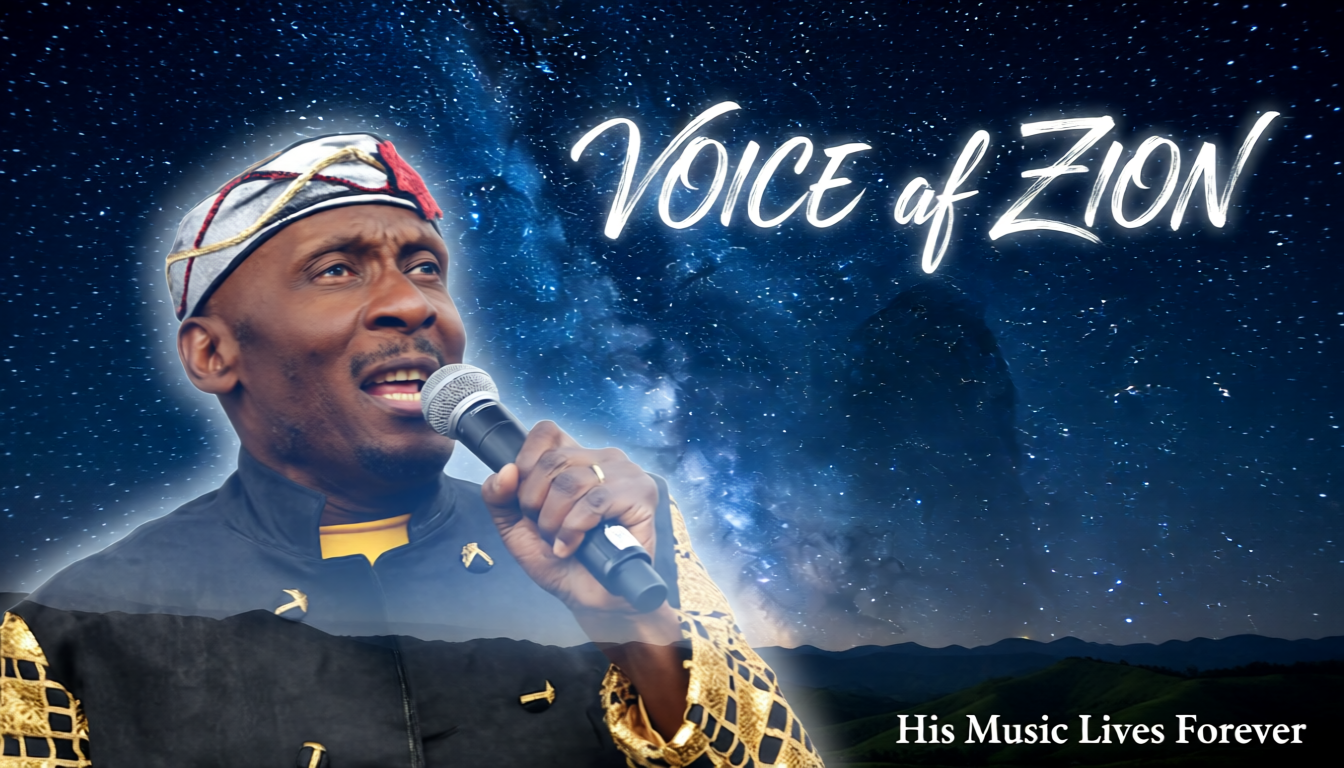
Jimmy Cliff’s catalogue is vast, spanning ska, rocksteady, reggae, and soul-infused pop. Yet certain themes recur: resilience, justice, spirituality, and an unfailing belief that people can change their lives.
Protest and Social Commentary
Songs such as “Vietnam,” “Struggling Man,” “Bongo Man,” and “Hard Road to Travel” spoke directly to war, inequality, and the everyday struggles of working people. His music was often embraced by political and liberation movements; for example, “You Can Get It If You Really Want” was famously used by the Sandinista National Liberation Front during Nicaragua’s 1990 elections. While Cliff never tied himself rigidly to one political party or ideology, his sympathies clearly lay with the oppressed, and he consistently used his platform to call for peace, dignity, and social change.
Hope, Healing, and Global Hits
Cliff also had a deep gift for songs of consolation and uplift:
- “Many Rivers to Cross” became a universal anthem for anyone facing hardship, covered by artists from Harry Nilsson to Annie Lennox.
- “I Can See Clearly Now” (1993) – Cliff’s joyful version of Johnny Nash’s classic, recorded for the film “Cool Runnings,” introduced him to a new generation and became one of his best-known global hits.
- “Reggae Night” (1983) – A celebration of music and community that became a staple at festivals and dance floors worldwide.
His voice – warm, high, and instantly recognizable – carried an emotional clarity that cut across language and borders.
Awards, Honours, and Recognition
Throughout his career, Jimmy Cliff earned some of the highest honours in music and in Jamaican public life:
- Two Grammy Awards, with multiple additional nominations, primarily in the Best Reggae Album category.
- Induction into the Rock and Roll Hall of Fame in 2010 recognized him as one of reggae’s foundational figures.
- Jamaica’s Order of Merit, one of the country’s highest civilian honours, making him the only living reggae artist to hold that distinction for many years.
- Streets, venues, and festivals are named in his honour, including Jimmy Cliff Boulevard in Montego Bay.
Music journalists and historians frequently described him as “reggae’s first champion” and an “itinerant ambassador” who introduced Jamaica’s music and culture to audiences worldwide.
Later Years: Rebirth, Refugees, and Ongoing Creativity
Far from fading into nostalgia, Jimmy Cliff continued recording, performing, and experimenting well into the 21st century.
In 2012, he released “Rebirth,” an album produced with punk musician Tim Armstrong. The record harkened back to his classic reggae sound while addressing modern themes of struggle and renewal; it won a Grammy for Best Reggae Album and was hailed as one of the year’s standout releases.
In 2022, Cliff released “Refugees,” an album that reflected on displacement, migration, and the search for belonging – themes that resonated deeply in an era of global upheaval.
Even in his later years, Cliff remained an active performer, appearing at festivals around the world and collaborating with artists across genres, from Sting and Joe Strummer to Wyclef Jean and Elvis Costello.
He also served on panels, such as the Independent Music Awards’ judging panel, championing independent artists and new voices.
Personal Life, Faith, and Family
Behind the iconic stage name was a man constantly searching for meaning and connection. Jimmy Cliff explored several spiritual paths over his lifetime. He spent time in the Rastafari tradition and later formally converted to Islam. However, in some interviews, he said he no longer aligned with any specific organized movement, describing his outlook as “universal,” and, in recent years, said he believed strongly in science.
He married Latifa Chambers, who remained at his side and ultimately announced his passing to the world.
Cliff was a devoted father. He is survived by several children, including:
- Odessa, his firstborn
- Lilty Cliff
- Aken Cliff
- Nabiyah Be, a Brazilian-born actress and singer who appeared in Marvel’s “Black Panther.”
Friends and family frequently described him as both a family man and a mentor, someone who balanced a demanding international career with deep loyalty to those close to him.

Final Illness and Cause of Death
On November 24, 2025, Jimmy Cliff died in Kingston, Jamaica, at the age of 81. According to a statement from his wife posted on Instagram and reported by multiple news outlets, he had suffered a seizure and later developed pneumonia, which proved fatal despite medical care.
The news rippled across the globe. Jamaican Prime Minister Andrew Holness described Cliff as a giant whose music “lifted people through hard times, inspired generations, and helped to shape the global respect that Jamaica enjoys today.” Tributes poured in from fellow musicians, political leaders, and fans around the world, many of them quoting Cliff’s own lyrics as messages of comfort and gratitude.
Legacy: Reggae’s First Global Ambassador
Jimmy Cliff’s legacy is enormous and multifaceted.
- Musical Innovation and Range
- He successfully navigated ska, rocksteady, reggae, and pop-soul, remaining authentic while constantly evolving. His voice carried both the ache of struggle and the brightness of hope, making his songs timeless.
- Globalization of Reggae
- Before reggae became a worldwide phenomenon through Bob Marley, Jimmy Cliff was already touring internationally, scoring hits on foreign charts, and starring in a film whose soundtrack brought Jamaican music to listeners who had never heard it before. Many historians credit him with helping to “open the doors of reggae” to the world.
- Cinema and Cultural Representation
- As the star of The Harder They Come, Cliff helped create one of the first cinematic portraits of urban Jamaican life seen by global audiences. The film’s lasting influence on music, film, and Caribbean cultural identity cannot be overstated.
- Social and Political Influence
- Cliff’s protest songs and socially conscious lyrics gave political movements and everyday people a language for their frustration and their hope. From Vietnam to the streets of Kingston to liberation struggles in Latin America and Africa, his records were often more than entertainment – they were tools of motivation and solidarity.
- Inspiration Across Generations
- Artists from Bruce Springsteen to Paul Simon, from Joe Strummer to modern reggae and world-music performers, have cited Jimmy Cliff as a profound influence. For countless fans, his music marked turning points in their personal lives – the sound in the background when they decided to keep going, change direction, or believe in themselves again.
Essential Jimmy Cliff: A Quick Guide for New Listeners
For readers of WhoDiedToday.com who may be discovering Jimmy Cliff for the first time, here are some essential entry points into his work:
Key Songs
- “Many Rivers to Cross”
- “You Can Get It If You Really Want”
- “The Harder They Come”
- “Wonderful World, Beautiful People”
- “Vietnam”
- “Reggae Night”
- “I Can See Clearly Now” (from Cool Runnings)
Important Albums
- Jimmy Cliff (self-titled early album)
- The Harder They Come (soundtrack)
- Another Cycle
- Rebirth (2012) – Grammy-winning late-career masterpiece
- Refugees (2022) – a thoughtful, reflective later-life statement.
Notable Films
- The Harder They Come (1972) – Reggae cinema’s defining classic
- Club Paradise (1986) – Caribbean comedy with music by Cliff
- Marked for Death (1990) – Action film featuring Cliff and his band
- Documentaries such as Reggae Got Soul that explore his life and Wikipedia+2Wikipedia+2
Saying Goodbye
Jimmy Cliff once reflected that his greatest success wasn’t awards or charts, but the stories fans told him:
People who said they were ready to give up… and then they heard a song like “You Can Get It If You Really Want” and decided to keep going.
With his passing, the world loses a voice that, for more than sixty years, urged us to stand tall, hold our ground, and believe that the obstacles we face – the many rivers we have to cross – are not the end of the journey.
On WhoDiedToday.com, we honour The Honourable Jimmy Cliff, OM – singer, songwriter, actor, rebel, ambassador, husband, father, and visionary. His body may rest, but his music will continue to travel, carrying Jamaica’s heartbeat to every corner of the earth.
If his songs have touched your life, we invite you to share your memories and favourite lyrics in the comments below. In doing so, we keep his spirit alive, one story at a time.
Further reading on Jimmy Cliff’s life and passing: Wiki
